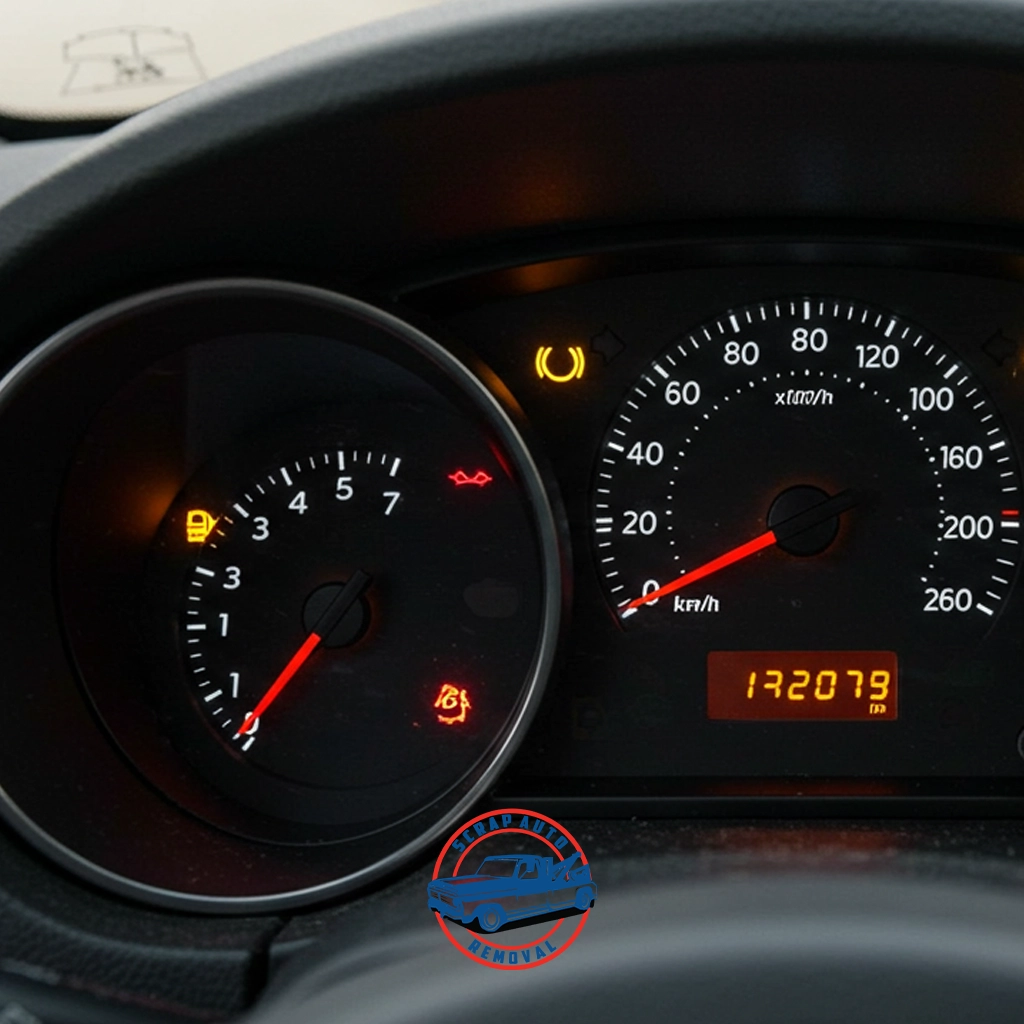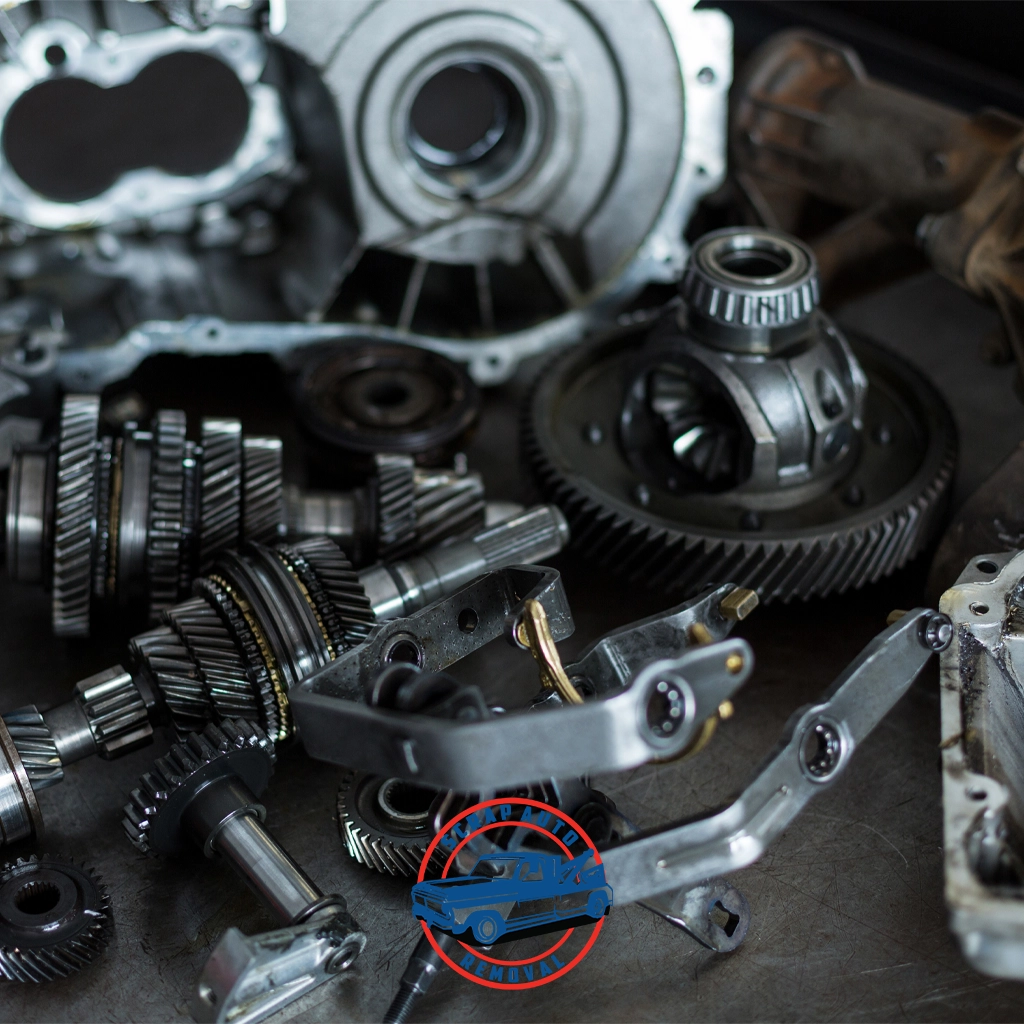Let’s be real, dealing with car troubles can be a headache, and discovering your catalytic converter is missing or damaged can add a whole new layer of complexity. If you’re pondering selling a car without a catalytic converter, you’re likely facing some questions and uncertainties. It’s a situation that can feel a bit sticky, but with the right information, you can navigate it effectively.
It’s not just about disclosing the issue, though. It’s about understanding the legalities, being upfront with potential buyers, and finding a solution that works for everyone involved. So, let’s break down the considerations and steps involved in selling a car when the catalytic converter is MIA.

Understanding the Importance of a Catalytic Converter: More Than Just Emissions
Before we delve into selling, let’s quickly touch on why catalytic converters are so important. They play a crucial role in reducing harmful emissions from your car’s exhaust, converting pollutants like carbon monoxide, hydrocarbons, and nitrogen oxides into less harmful substances. They’re not just about passing emissions tests; they’re about cleaner air for everyone.
If you’re in Alberta and need to sell your car without a catalytic converter, Scrap Car Removal Calgary is here to help! Many buyers hesitate when a catalytic converter is missing, but we make the process simple, fast, and hassle-free. No need to worry about lowball offers or complicated negotiations—we’ll buy your vehicle as-is and offer a fair price.
The Legality of Selling: Knowing the Rules of the Road
The legality of selling a car without a catalytic converter can vary depending on your location. It’s essential to check local and state regulations.
Emissions Laws: Ensuring Your Car Meets Standards
Many places have laws in place that require vehicles to have a functioning catalytic converter to be legally driven and, importantly, sold. These laws are there to help keep the air clean, so it’s essential to know the rules in your area. Selling a car that doesn’t meet these standards can lead to complications for both you and the buyer. It’s always a good idea to check with your local environmental protection agency or transportation authority to understand the specific regulations regarding emissions and catalytic converters.
Disclosure Requirements: Being Upfront About the Converter
In some areas, even if it’s not strictly illegal to sell a car without a catalytic converter, you might be required to tell potential buyers about its absence. This is all about transparency and making sure the buyer knows exactly what they’re getting. Failing to disclose this information could lead to legal issues down the line. It’s always better to be upfront and honest, as this builds trust and can prevent problems after the sale. Check your local regulations to see if there are any specific disclosure requirements regarding catalytic converters.
Inspection Requirements: Ensuring Your Car Passes the Test
Some jurisdictions require vehicles to pass an emissions test before they can be legally sold. If your car is missing its catalytic converter, it’s very likely it won’t pass this test. Understanding the inspection requirements in your area is crucial. If an emissions test is required, you’ll need to consider whether you want to replace the catalytic converter before selling or if you’re going to sell the car as-is and let the buyer deal with the inspection. Knowing these requirements will help you plan your selling strategy accordingly.
Assessing the Situation: Why is the Catalytic Converter Missing?

Understanding why the catalytic converter is missing or damaged can significantly influence how you approach selling the car. Was it a victim of theft, a sadly common occurrence? If so, having a police report can be helpful. Perhaps the converter was damaged due to age, an accident, or some other factor.
Or, in some cases, the converter might have been intentionally removed, though this is often illegal. Knowing the reason behind the missing or damaged converter can help you explain the situation more clearly to potential buyers and can impact how you price the vehicle and what type of buyer might be interested.
Being Upfront with Potential Buyers: Honesty is Key
When selling a car without a catalytic converter, transparency is absolutely paramount. Clearly inform potential buyers that the car is missing this crucial component. Explain how this might affect the car’s emissions and potentially its legality in certain areas. If you have any documentation, such as a police report if it was stolen or repair estimates, be sure to share them. Honesty not only builds trust with potential buyers but also helps avoid potential legal issues down the line, ensuring a smoother and more ethical transaction for everyone involved.
Pricing the Car Realistically: Adjusting for the Issue
The absence of a catalytic converter will undoubtedly affect the car’s value, so it’s important to be realistic when setting your price. Expect to sell the car for a lower price than if it had a functioning converter. When determining your price, carefully consider the cost of replacing the catalytic converter, as this will be a major factor for potential buyers. Do some research by checking online listings for similar cars both with and without catalytic converters to get a sense of the price difference. Being realistic about the price will attract buyers who are willing to take on the issue and understand the necessary repairs.
Exploring Your Buyer Options: Who Might Be Interested?
Not every buyer will be interested in a car without a catalytic converter, but there are potential markets.
Mechanics or DIYers: A Chance to Tinker and Save
Individuals who are skilled at car repairs or enjoy working on cars themselves might see a car without a catalytic converter as a project. They might be willing to take on the task of replacing the converter, potentially saving money in the long run. This group of buyers is often more understanding of the car’s issues and might be less concerned about cosmetic flaws. Highlighting the car’s other positive attributes, like a strong engine or recent maintenance, can be particularly appealing to this market.

Off-Road Use: Where Emissions Laws Matter Less
If the car is primarily intended for off-road use, the absence of a catalytic converter might be less of a concern for potential buyers. Off-road vehicles often have different regulations regarding emissions, and performance might be prioritized over environmental compliance. This niche market might be interested in a car without a converter if it suits their specific needs, such as a vehicle for trail riding or other recreational activities.
Selling to a Scrap Auto Removal Service: A Convenient End to the Road
If the car is older, has other mechanical issues, or the damage to the catalytic converter is extensive, selling it to a scrap auto removal service might be the most practical option. These services specialize in taking vehicles in various conditions, often offering a straightforward process and handling the removal of the vehicle. They are interested in the car for its parts and the value of its metal. If you’re in Alberta and looking for a straightforward way to dispose of a vehicle, even one with issues like a missing catalytic converter, reaching out to Scrap Car Removal Calgary could be an option. We often handle vehicles in various conditions, providing a quick way to get rid of a car that’s reached the end of its road.
Completing the Sale: Ensuring a Smooth Transaction
When selling a car, especially one with a known issue like a missing catalytic converter, it’s crucial to ensure all paperwork accurately reflects the vehicle’s condition. The bill of sale should clearly state that the car is being sold without a catalytic converter. To further protect yourself from future claims, consider using an “as-is” agreement. Finally, be sure to follow your local DMV’s guidelines for transferring the title. Completing the sale correctly is paramount for a smooth transaction and can help prevent any complications down the line.
Conclusion
Selling a car without a catalytic converter certainly presents unique hurdles, but by being well-informed about the legal landscape, remaining honest and transparent with potential buyers, and maintaining realistic expectations about pricing, you can successfully navigate the process. Remember, prioritizing transparency and ensuring all local legal requirements are met are key to a smooth transaction.












